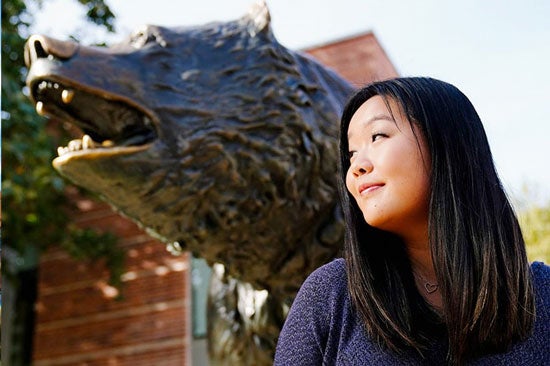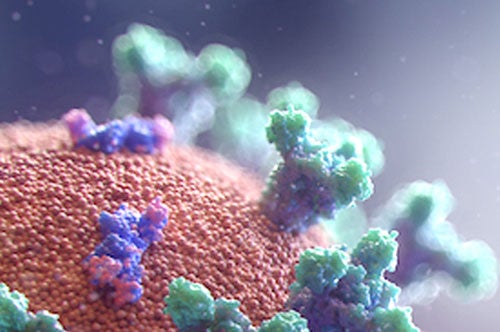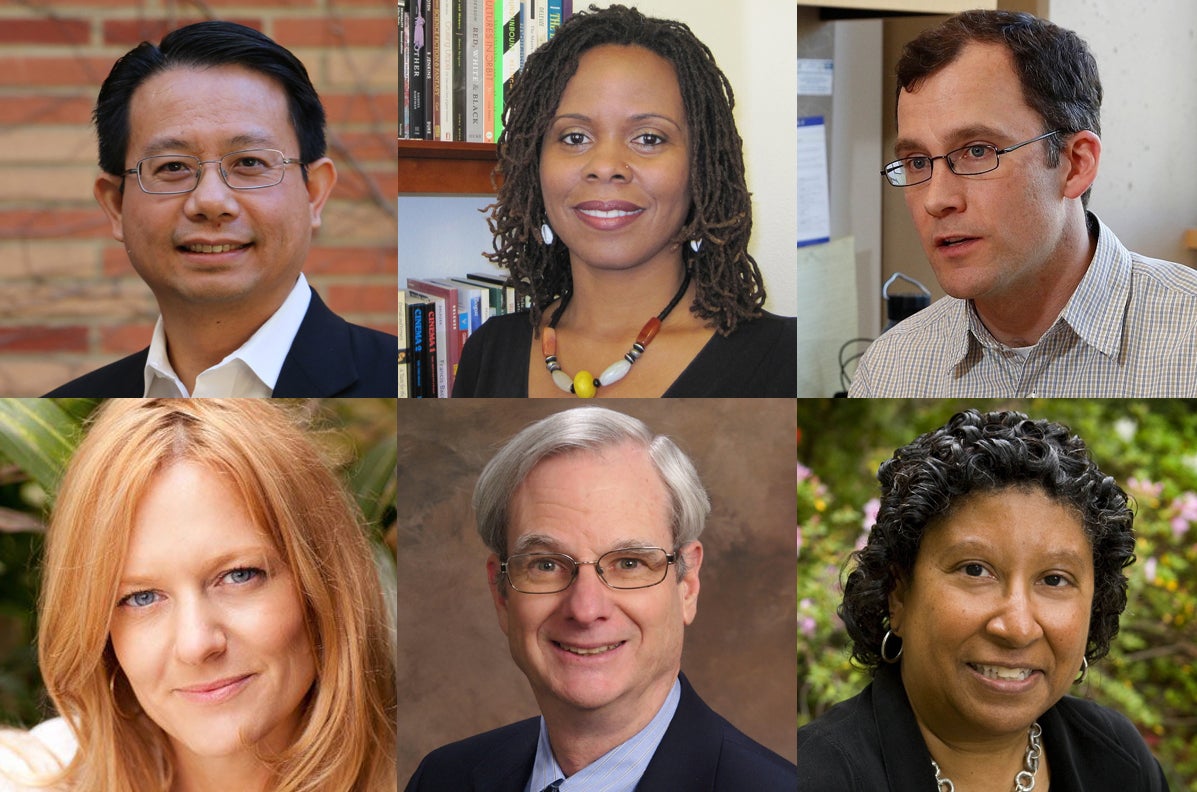
What we know about the omicron variant
COVID-19 Response and Recovery Task Force
Dear Bruin Community:
Over the past few days we have witnessed concern regarding the spread of the SARS-CoV-2 omicron variant, the ways in which this new variant may affect those who become sick with COVID-19, and the ways in which the variant may affect our local and global recovery from the pandemic.
UCLA leadership and campus infectious disease experts are closely monitoring developments related to the omicron variant. At present, researchers across the world are studying the variant in an effort to learn about its transmissibility, the severity of the symptoms it causes, how it interacts with existing COVID-19 vaccines, and more. Learning these things will take time; it is likely that we will have a much more robust understanding of the variant and its potential impact in the next few weeks. There is some positive early news: preliminary reports show that the variant may cause only mild illness.
UCLA Health recently published a Q&A with molecular biologist and clinical microbiologist Shangxin Yang sharing what we know about the omicron variant. Several of the important questions and responses from that interview appear at the end of this message.
While we recognize that the emergence of this variant may cause anxiety, the guidance we can share now is to get vaccinated if you have not yet done so, or get a booster shot if you are eligible. These are among the best ways to strengthen your protection against COVID-19. Please also continue to wear masks indoors and follow UCLA’s public health protocols. If you are experiencing any COVID-19 symptoms, get tested and stay home from work or class until you receive a negative test. Experts believe that available PCR and antigen tests should be able to detect the omicron variant in addition to other variants.
As always, you can find all pandemic-related information on our COVID-19 information hub. Additionally, the COVID-19 Response and Recovery Task Force will send updates to the community on campus event protocols and on plans for winter quarter in early December.
Thank you for all of your continued efforts to support community health amidst the changing contours of the pandemic.
Sincerely,
Michael J. Beck
Administrative Vice Chancellor
Co-chair, COVID-19 Response and Recovery Task Force
Megan McEvoy
Professor, Institute for Society and Genetics,
Department of Microbiology, Immunology and Molecular Genetics
Co-chair, COVID-19 Response and Recovery Task Force


